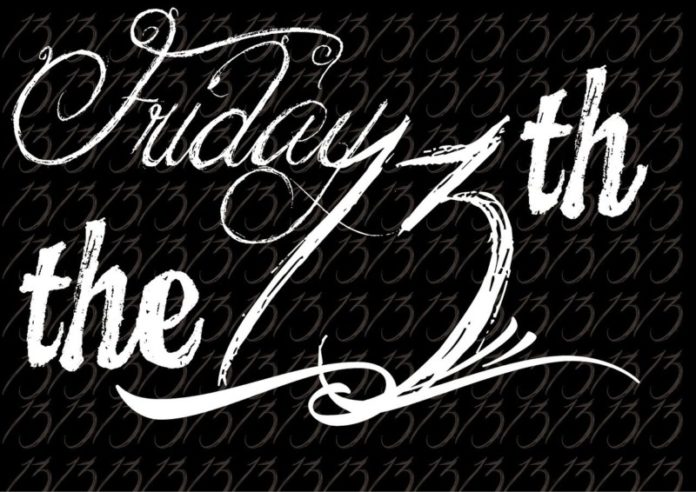
It’s Friday the 13th! For some, it’s a day to be superstitious. There are even two terms for those who fear Friday the 13th: paraskavedekatriaphobia and friggatriskaidekaphobia. For others, Friday the 13th is simply just another day
How Friday the 13th become a superstitious day?
According to most historians, there is no record of this superstition before the 19th century and the phenomenon is a Western superstition.
According to History.com, some believe the superstitions surrounding Friday the 13th stem from Christianity – 13 guests attended the Last Supper, held on Maundy Thursday, including Jesus and his 12 apostles. The next day, of course, was Good Friday, the day of Jesus’ crucifixion. However, the truth is no one really knows when it became popular to fear the day/date combination or why.
“No data exists, and will ever exist, to confirm that the number 13 is an unlucky number,” said Igor Radun of the Human Factors and Safety Behavior Group at the University of Helsinki’s Institute of Behavioural Sciences in Finland to NBC. “There is no reason to believe that any number would be lucky or unlucky.”
Boldsky.com shares these positive interpretations of the number 13 :
In ancient Greece, Zeus was the thirteenth and the most powerful God of the Greek mythology. Thus, 13 is the symbol of incorruptible nature, power and purity.
The Thai New Year is celebrated on the 13th of April. It is considered as an auspicious day when all the bad omens are washed away by splashing water on people.
The 13th day of any month is an extremely auspicious day according to Hinduism. 13th day is Trayodashi according to the Hindu calendar, a day dedicated to Lord Shiva. It is said the person who worships Lord Shiva on this day is blessed with wealth, children, happiness and prosperity. Hence, 13th is considered one of the most fruitful days of the month according to Hindu beliefs.
















